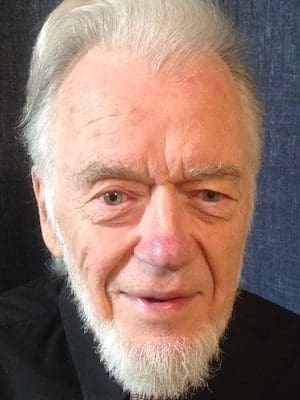“The Star-Spangled Banner,” the official national anthem of the U.S. since 1931, has been sung and played often in the past few days, including at many churches last Sunday.
This article, however, is about what has often been called the “Black National Anthem.”
James Weldon Johnson was a premier African-American author, educator, songwriter and civil rights activist who died 80 years ago at the age of 67 in a tragic car/train accident on June 26, 1938.
His brother, J. Rosamond Johnson, two years younger, was born 145 years ago in 1873 and died at the age of 81 in 1954.
The Johnson brothers were born in Jacksonville, Florida, but as young men they moved to New York; in the 1920s, they became leaders in the Harlem Renaissance.
Prior to that, James was appointed by President Theodore Roosevelt as the U.S. counsel to Venezuela (1906-08). He then served as counsel to Nicaragua from 1909 to 1913.
Six years after its founding in 1910, James began working for the NAACP. In 1920, he was chosen as the first black executive secretary of that organization.
Rosamond was trained at the New England Conservatory and then studied in London.
He also was actively involved in the work of the NAACP but is mainly known as a composer and singer with a successful show business career.
As a young man, James was the principal of the segregated Stanton School in Jacksonville. In 1900, Booker T. Washington was coming to his school as part of the celebration of the 91st anniversary of Abraham Lincoln’s birth.
To introduce the honored guest, the Johnson brothers decided to write a song for the occasion.
James penned the lyrics and Rosamond wrote the stirring music for the song, “Lift Every Voice and Sing.”
At that February 1900 celebration, a chorus of 500 “colored school children,” as James later wrote, sang their song at the school where he was principal.
Within 20 years, it was being sung across the South and in some other parts of the country – and was adopted as the official song of the NAACP.
You can read the words of “Lift Every Voice and Sing” here, or you can see and hear it sung by the (mostly white) Mormon Tabernacle Choir in May of this year here.
Some in the U.S., including some African-Americans, question the validity or propriety of referring to “Lift Every Voice and Sing” as the “Black National Anthem.”
They say, for example, that to call it that suggests that black people are separatists and want to have their own nation.
There are many, though, who think it is appropriate for African-Americans to have an alternative to the anthem that was penned in 1812, more than a half-century before the emancipation of the enslaved black people in the U.S.
They, and I am one of them, think it is hypocritical to sing a song about “the land of the free” that was written when there were millions of people in the land who were by no means free.
Even though freedom in the U.S. was theoretically bestowed upon all blacks soon after the Civil War, in reality to be “free at last” was still a part of Martin Luther King Jr.’s dream in 1963.
Every year at the Martin Luther King Jr. birthday celebration held in William Jewell College’s Gano Chapel, a highlight of the service is when all participants join hands and strongly sing “Lift Every Voice and Sing.”
Let’s continue to join hands and work together “till victory [freedom / equality / mutual respect] is won” for all.
Editor’s note: A version of this article first appeared on his blog, The View from This Seat. It is used with permission.
A missionary to Japan from 1966-2004, he is both professor emeritus of Seinan Gakuin University and pastor emeritus of Fukuoka International Church.


